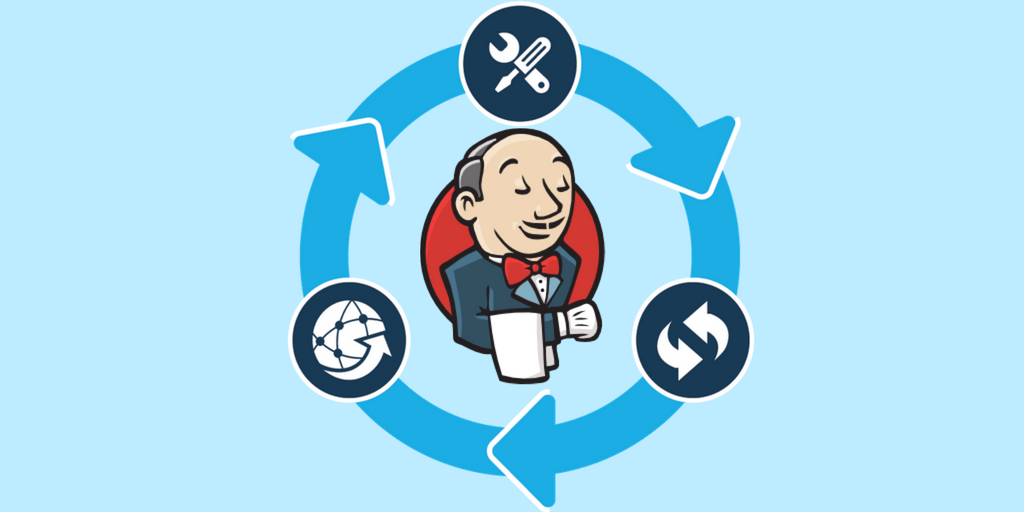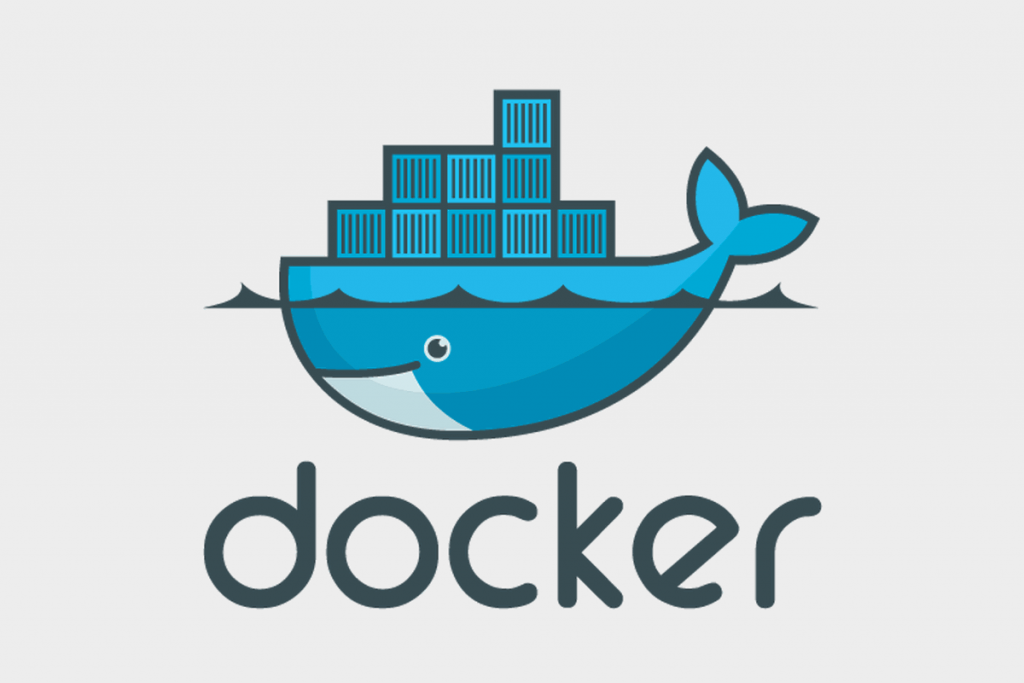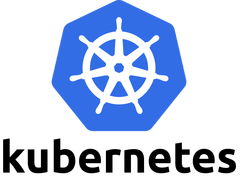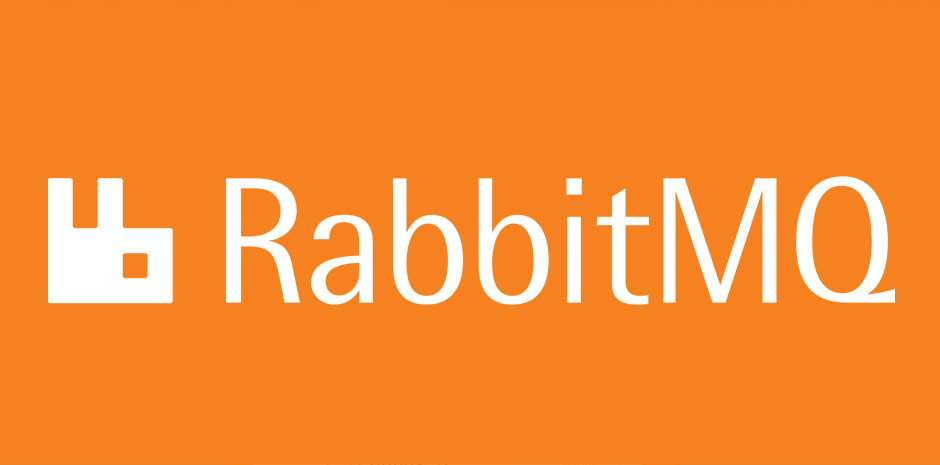This is not a secret that DevOps philosophy becomes an important part of the modern business related to software development. Due to the fact that cloud computing is developing, it needs instruments for its application and implementation. Thus, DevOps technology is developing too. You might read a lot of interesting information about DevOps itself here: https://itsvit.com/services/devops/.
The numbers of new tools are increasing as well, and the question arises: “What to chose?”. There are a lot of opinions but we collect the most popular and useful ones. So, here is a list of DevOps tools current this year.
Ansible
This is a system of configuration management written on a Python, PowerShell, Shell and Ruby. Ansible allows reducing time-to-market and makes project delivery faster due to granular control of process configuration. Ansible is included in the most part of the Linux distributives, also there are packages for Solaris, macOS, FreeBSD. This instrument is as popular as Puppet, Chef and SaltStack but is not as complex while providing the same performance.

In Ansible you create some playbooks written in YAML with a description of necessary states of the system. YAML is a simple data-serialization language that allows making groups of servers with instructions on how they need to work and be configured.
Jenkins
Many DevOps engineers assume Jenkins to be the best tool on the market for building CI/CD pipelines. Jenkins is an open-source instrument that allows automating various parts of the software development process. Jenkins provides functions of the Continuous Integration working on the Apache Tomcat and other servlet containers. This tool has a built-in graphics interface and a lot of plugins for software testing and support. Plugins allow fast and continuous integration with other instruments.

Jenkins is simply installed and might be used for a vast variety of tasks, including publishing the operation results to a message broker like Amazon SQS or RabbitMQ and sending email notifications.
Docker
This is a containerization platform that provides building, delivering and running distributed processes within containers — separate envelopes of code containing all the needed runtime to launch an app. As a result, developers can design predictable environments isolated from other applications. Thus, you can run the application almost anywhere where Docker is installed. Docker works with Linux, Windows and macOS. Containers share the same kernel but they are isolated from each other.

It allows using hardware more efficiently. You can install Docker, run containers, do what you need and after that just terminate the Docker container. Containers are fast and lightweight, also there are a lot of public turnkey solutions. Besides, containerization is very secure because if one container will be damaged the others are safe, and the faulty container can be easily restarted.
Kubernetes

Kubernetes is an open-source tool with horizontal autoscaling and self-healing. Docker composes containers and runs them separately, while Kubernetes makes clusters from these containers. This process allows to manage, deploy, scale and monitor software in the cloud automatically. Kubernetes has a lot of parts like drivers, system components, utilities, etc. Kubernetes coined the terms like nod, pod, volume, label, controller, label sector and others. Also, there are a lot of additional tools for Kubernetes allowing to make a manageable distributed system.
RabbitMQ
This is an open-source and cross-platform message broker software using AMQP (Advanced Message Queuing Protocol). It is created on the base of the Open Telecom Platform using Erlang programming language. This tool allows you to make quick message exchange via a friendly interface. RabbitMQ guarantees message delivery, implementing some work to background processes, scaling the most resource-intensive system parts without scaling the whole system.

Wrap up: what DevOps tool is the best?
We described the most popular DevOps tools. As you can see, each of them is appropriate for different cases and issues. Each tool allows for receiving different results based on your needs. If you want to choose the best of them you should ask the DevOps engineer who already worked with multiple tools and can pick the most appropriate in your case. If you haven’t got such a specialist in your team, you might hire him or her in-house or refer to a reliable Managed Service Provider with a huge experience and cohesive team. The second way is more preferable because you’ll save a lot of resources as compared to hiring in-house talent. Also, the DevOps team from MSP will have a wider experience because of working with different requests and projects.


